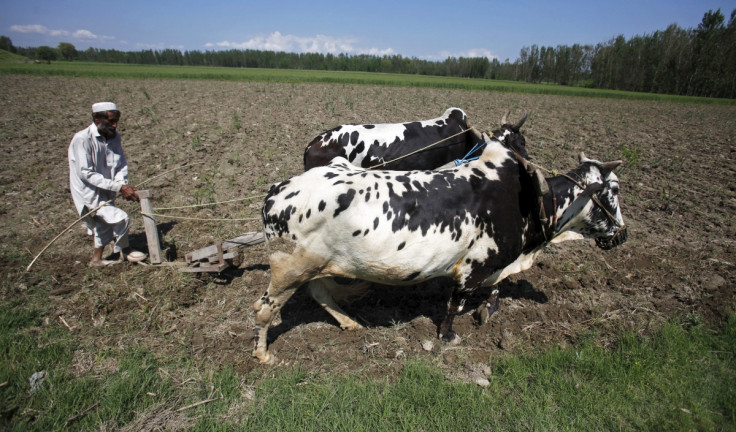Pakistani farmer wins lawsuit against government over climate policy

A young Pakistani farmer, who sued his government for delaying action on climate change, has been instrumental in effecting change. A commission of officials has begun to examine and push forward government policies related to the issue, following court orders.
Water scarcity and temperature shifts have repeatedly wrought havoc on his crops, Asghar Leghari, the farmer from the southern Punjab region told court. Leghari, who is also a law student, had filed the petition with the Lahore High Court accusing the government of failing to act on its 2012 National Climate Change Policy. He clarified that he was not seeking compensation for crop losses but sought broader action against future consequences.
Leghari accused leaders of failing "to ensure water, food and energy security… in the face of the challenges posed by climate change." The court acknowledged that climate change "appears to be the most serious threat facing Pakistan" and ordered the formation of the commission made up of officials from key ministries like Ministry of Climate Change and the Ministry of Water and Power.
Leghari's family relies on the income it gets from its more than 500-acre sugarcane farm in Rahimyar Khan. However, unsteady weather has been stressing crops. "My petition aimed to compel the concerned departments and ministries to take action and consider climate change an important issue before it is too late," Leghari said, while adding that it was not a personal issue but a widespread public concern.
Access to water under unpredictable rainfall has been a major problem. Water availability in Pakistan in 2011 had dropped to under 1,000 cubic metres from 5,300 cubic metres per person per year in 1950. Leghari's petition called upon the government to promote irrigation practices suited to the low water availability, besides promoting green energy, reports Reuters.
The government has many policies in place but many have not been implemented. Hameed Naqi, director general of WWP-Pakistan, a member of the commission, said that even implementing just one of the priority actions listed in the Climate Policy could go a long way in addressing the country's climate and environmental problems.
The World Bank released a report in early November that warns that more than 100 million people could fall into extreme poverty due to the effect of global warming on agriculture. Crop production could fall by 5% through 2030 and 30% in 2080, pushing up prices of food grains and place a high strain on poor households.
© Copyright IBTimes 2025. All rights reserved.





















